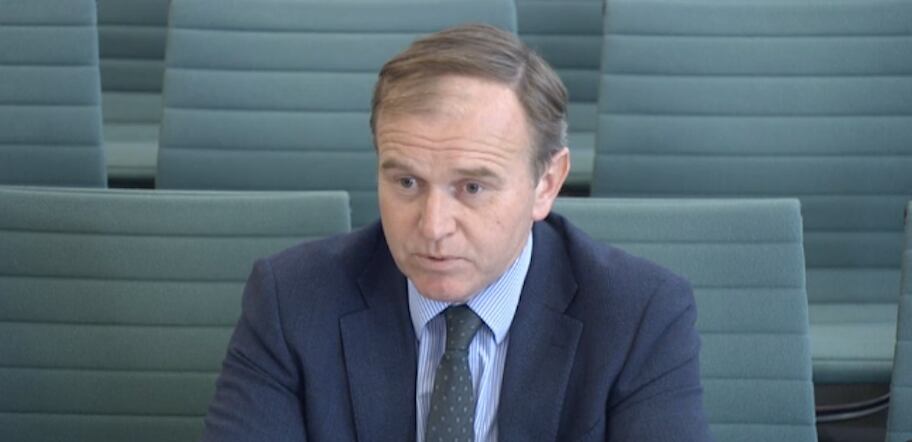The European Federation of Food, Agriculture and Tourism Trade Unions (EFFAT – IUF) has joined with UK unions Unite, the Union of Shop, Distributive and Allied Workers, GMB and the Bakers, Food and Allied Workers Union over the issue.
The groups, which are also partnering the Republic of Ireland’s (ROI’s) Services Industrial Professional and Technical Union, have written to Government expressing their opposition to a hard border in Ireland.
They warned a no-deal would dramatically increase community tensions and completely disrupt Irish/UK cross-border trade, leading to a massive impact on the food and drink sector.
Further, the lack of a deal would endanger the UK’s current high food and drink standards and pit worker against worker in a race to the bottom on living standards and rights.
Repercussions of a no-deal
Average reduction in UK food exports to the EU:
- In a no deal scenario: 63.2%;
- Under a free trade agreement: 22.5%
Average reduction in EU food exports to the UK:
- In a no-deal scenario: 61.7%;
- Under a free trade agreement: 22.6%
Source: London School of Economics’s ‘Vulnerabilities of Supply Chains Post-Brexit’ report - published in September 2020
Commenting on the joint letter, Unite national officer for the food sector Joe Clarke said: “Although everybody within the food and drink sector has been working flat out in relation to COVID-19, we cannot lose sight of the importance of the Brexit negotiations and the need to deliver for working people – with the avoidance of tariffs via a good trade deal for all parties.
“The food sector between the UK and Ireland is inextricably linked. We must honour and adhere to the Good Friday agreement for all of our members and their families each side of the border.”
Demands of negotiators
The joint letter called for a level playing field on workers’ rights, opposition to anything damaging physical infrastructure between the UK and the ROI and a status quo on food labelling regulations. A full list can be found below.
All the signatory unions also strongly opposed the Conservative government’s Internal Market Bill. It claimed the bill broke international law and was equivalent to ‘ripping up the agreed withdrawal agreement’ while placing the Good Friday/Belfast peace agreement (1998) in jeopardy.
“We call upon the respective governments of the UK and the EU to apply common sense and work tirelessly to ensure a deal for our members from a UK perspective, from an Irish perspective and from the perspective of European workers,” Clark added.
Union demands
- Oppose any finalisation of the Brexit process that will leave in its wake any physical infrastructure between the Republic of Ireland and the UK;
- Agree on a tariff and quota free trade agreement as frictionless as possible
- Ensure a level playing field provisions notably on workers’ rights, that should not be limited to the free movement of workers but must cover the respect into law and practice of the whole EU social acquis and pertinent ILO standards;
- Protect the status quo and the full harmonisation in relation to technical barriers to trade including the use of fertilisers and pesticides and food labelling regulations;
- The UK to maintain the current protection of GIs (geographical indications) to protect jobs in rural areas and specific subsectors;
- Mobilise and protect the Good Friday/Belfast peace agreement;
- The Conservative government to urgently review its position and not proceed with the Internal Market Bill;
- Ensure the involvement of trade unions in the preparation, the monitoring and implementation of the trade agreement;
- Oppose any erosion of regulations and any attempt by the Conservative government to sell off regulations as a bargaining chip in any deal with the EU or future trade deals outside the EU.





